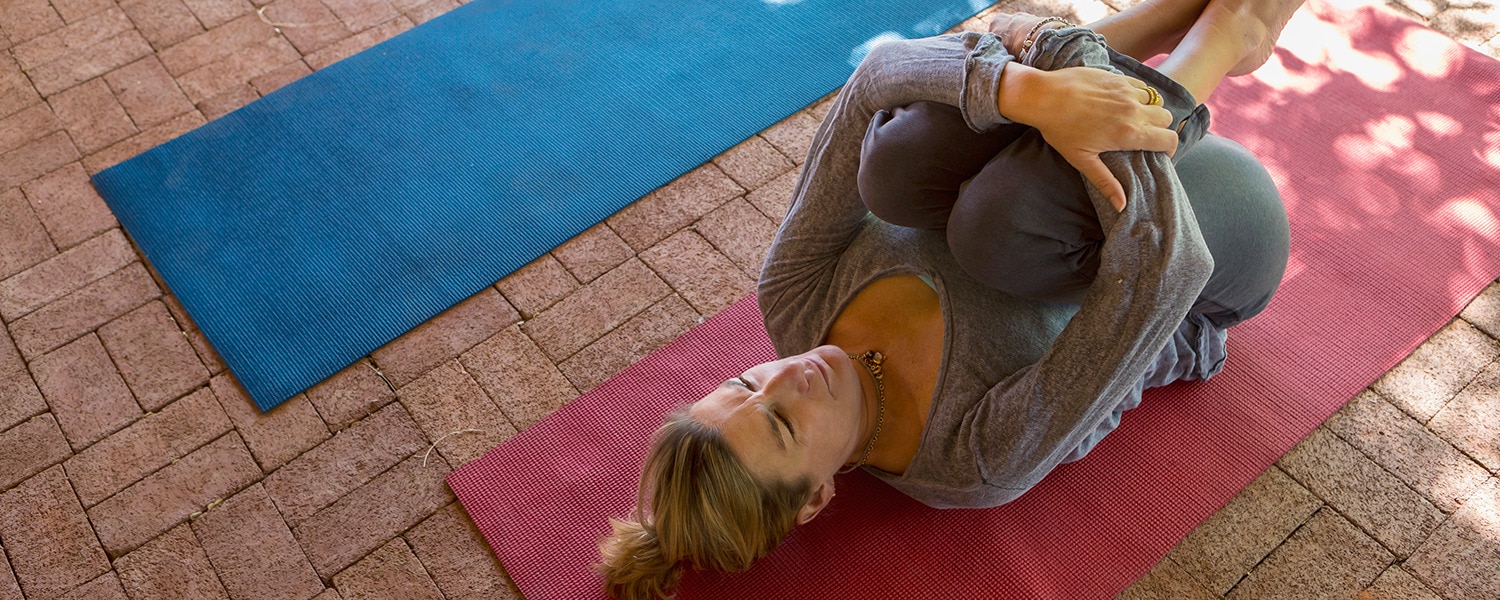
How PMS affects women

Getting moody before and during a period isn’t just ‘life angst’.
It’s more likely to be PMS – or premenstrual syndrome, also known as PMT (premenstrual tension). As well as sore breasts, aches, pains and bloating, women can get mood swings in the run up to a period. That’s because of fluctuations in the amount of estrogen your body is producing. Result: an emotional rollercoaster ride for a few days or even weeks.
A minority of women suffer from such extremes of emotion that medical help is needed. This is more than just PMS, this is premenstrual dysphoric disorder or PMDD [1], and it can result in panic attacks, depression, extreme rage and even suicidal thoughts. It’s essential to get help if this sounds like you, as PMDD can’t be handled on your own.
Thankfully, for most women, while PMS is annoying and upsetting, it’s not a problem on the level of PMDD. Dealing with PMS means finding ways to manage your emotions and taking maximum care of yourself. To help balance out the emotional highs and lows of PMS, try aerobic exercise like running, dancing or spinning – ideally combined with yoga, which helps keep you calm and evens you out. Getting plenty of sleep and eating a balanced, healthy diet can also help. You may feel like treating yourself and that’s fine as long as it’s not chocolate or junk food. Stick to a bit of pampering, or better still, a massage.
How to deal with PMS

This is a great way to tackle PMS-related mood swings. Massages, tai chi and meditation are really helpful too, as they help you relax and feel less stressed.

If you smoke, try your best to stop. Apart from the health risks, studies show that women who smoke are more than twice as likely to develop moderate or severe PMS symptoms.

Aerobic exercise such as brisk walking or swimming has been found to help ease the anxiety, depression and blue moods that come with PMS.

Be less vulnerable to your emotions by eating more of the good stuff like whole grains, fruit and vegetables – and less of the bad like sugar, fat and salt.

You may crave caffeine when you’re premenstrual, but you’re better off cutting right down on coffee, tea and chocolate, as these can make your symptoms worse.

